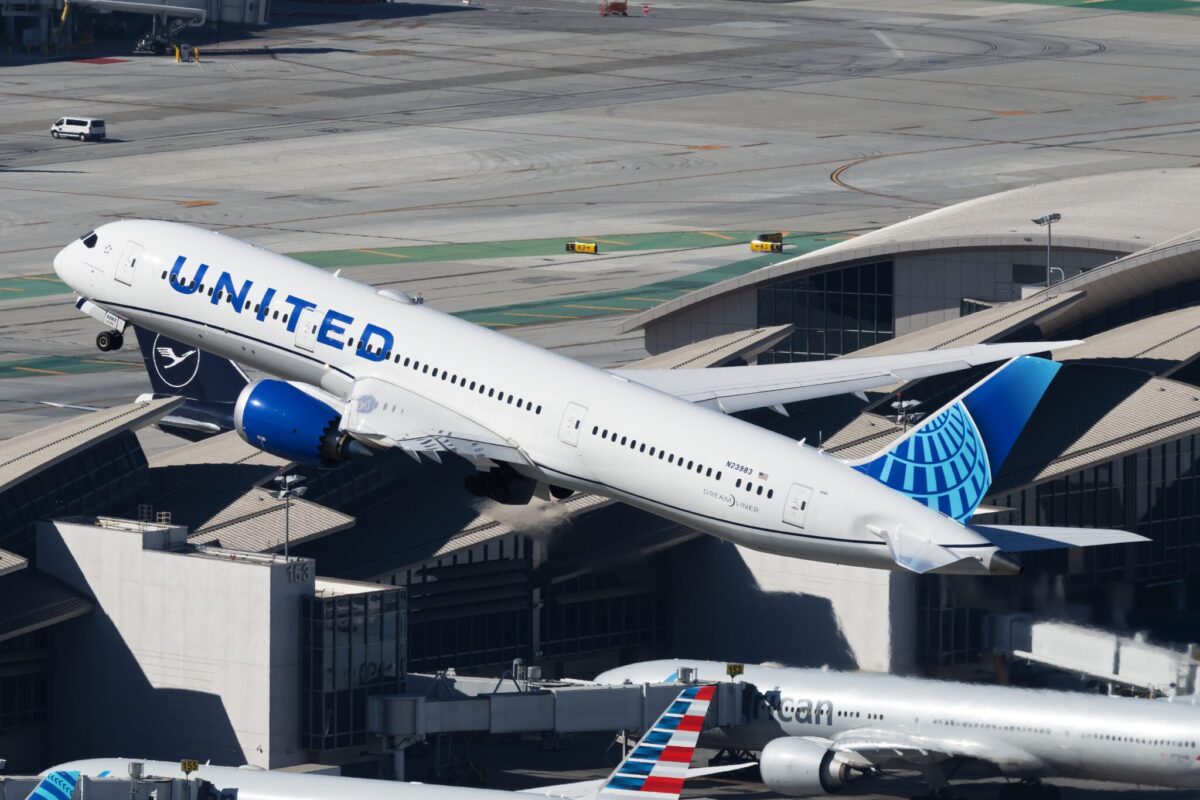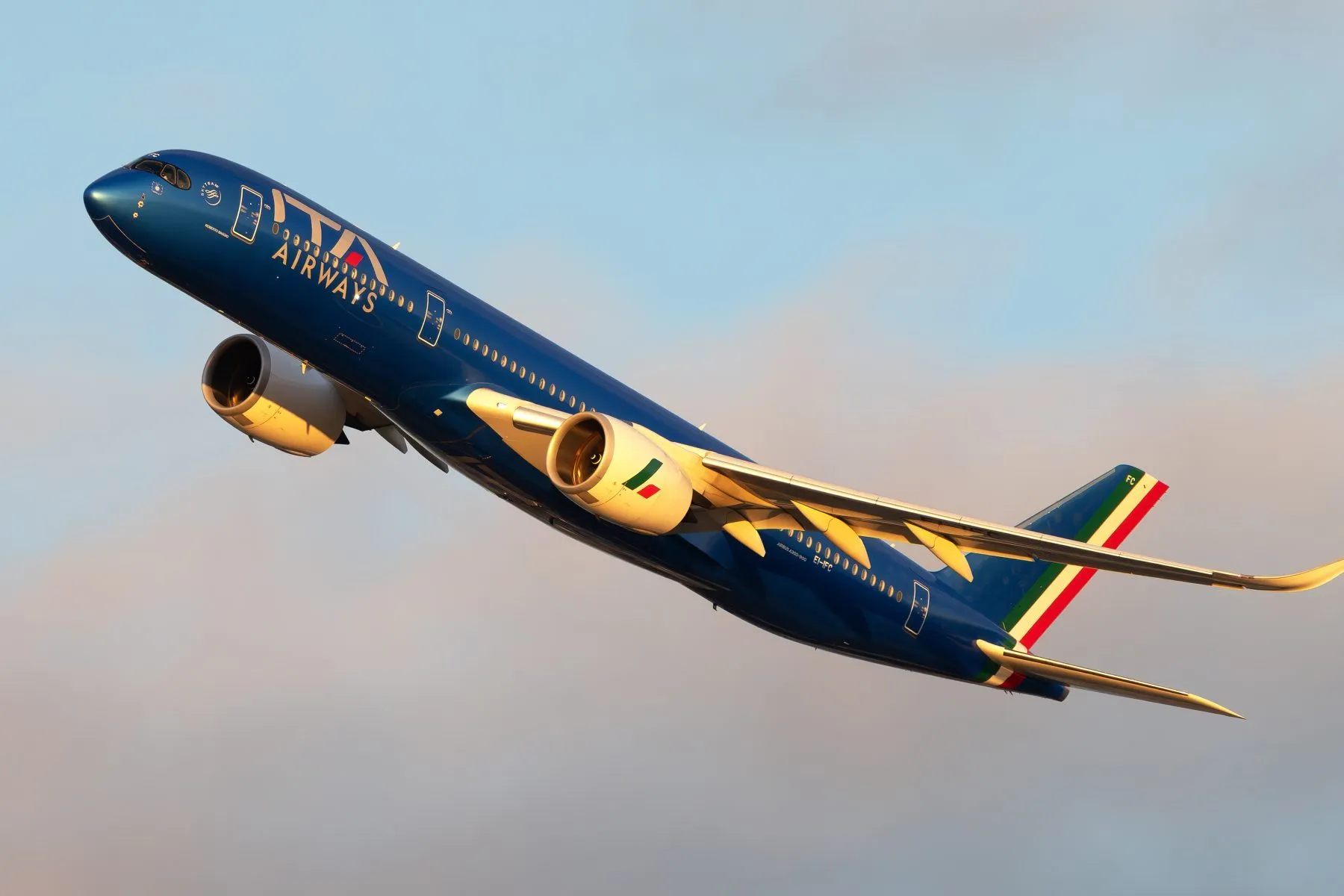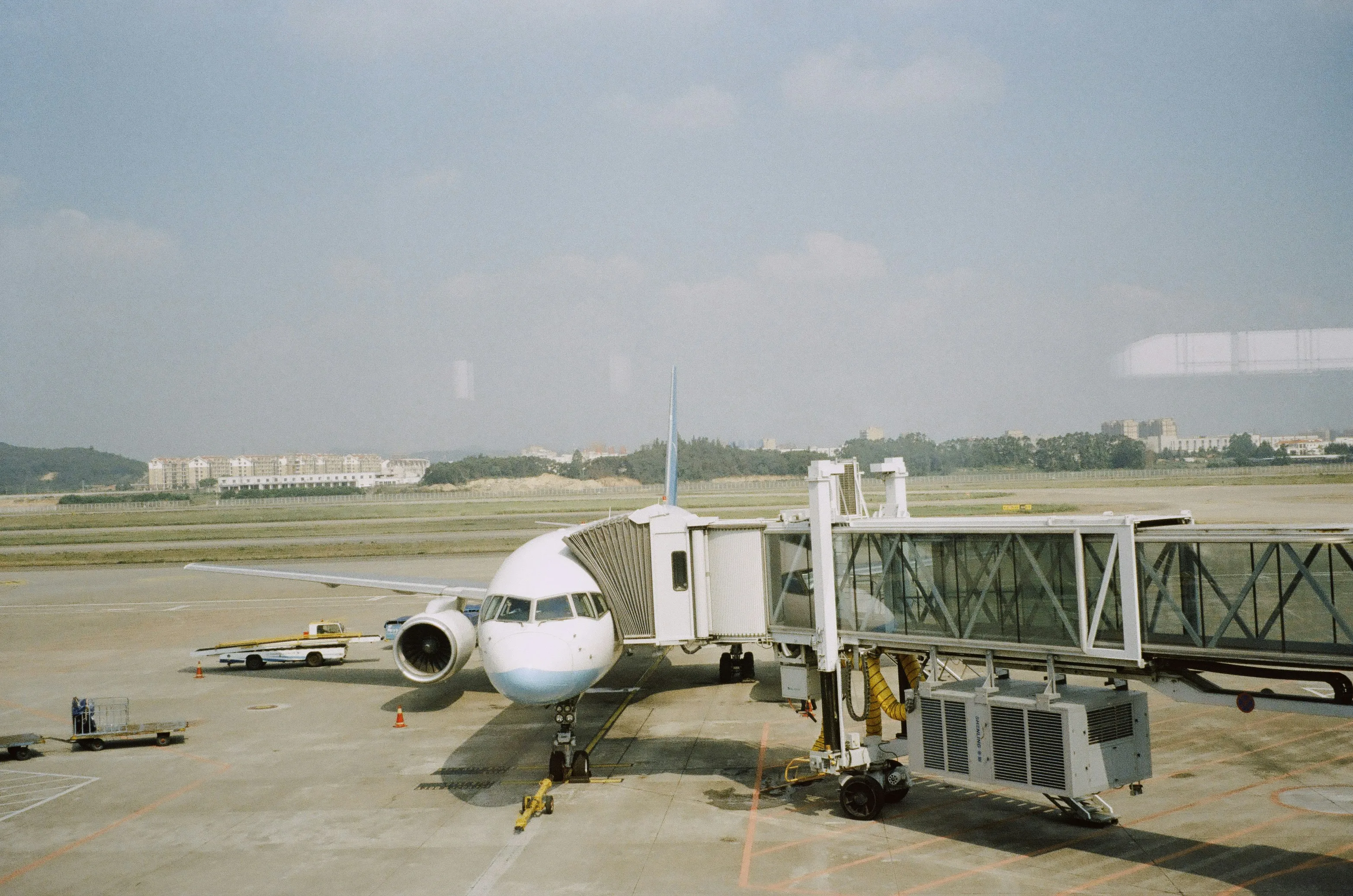Lufthansa’s Earnings Position has ‘Deteriorated Significantly’ — Here’s Why
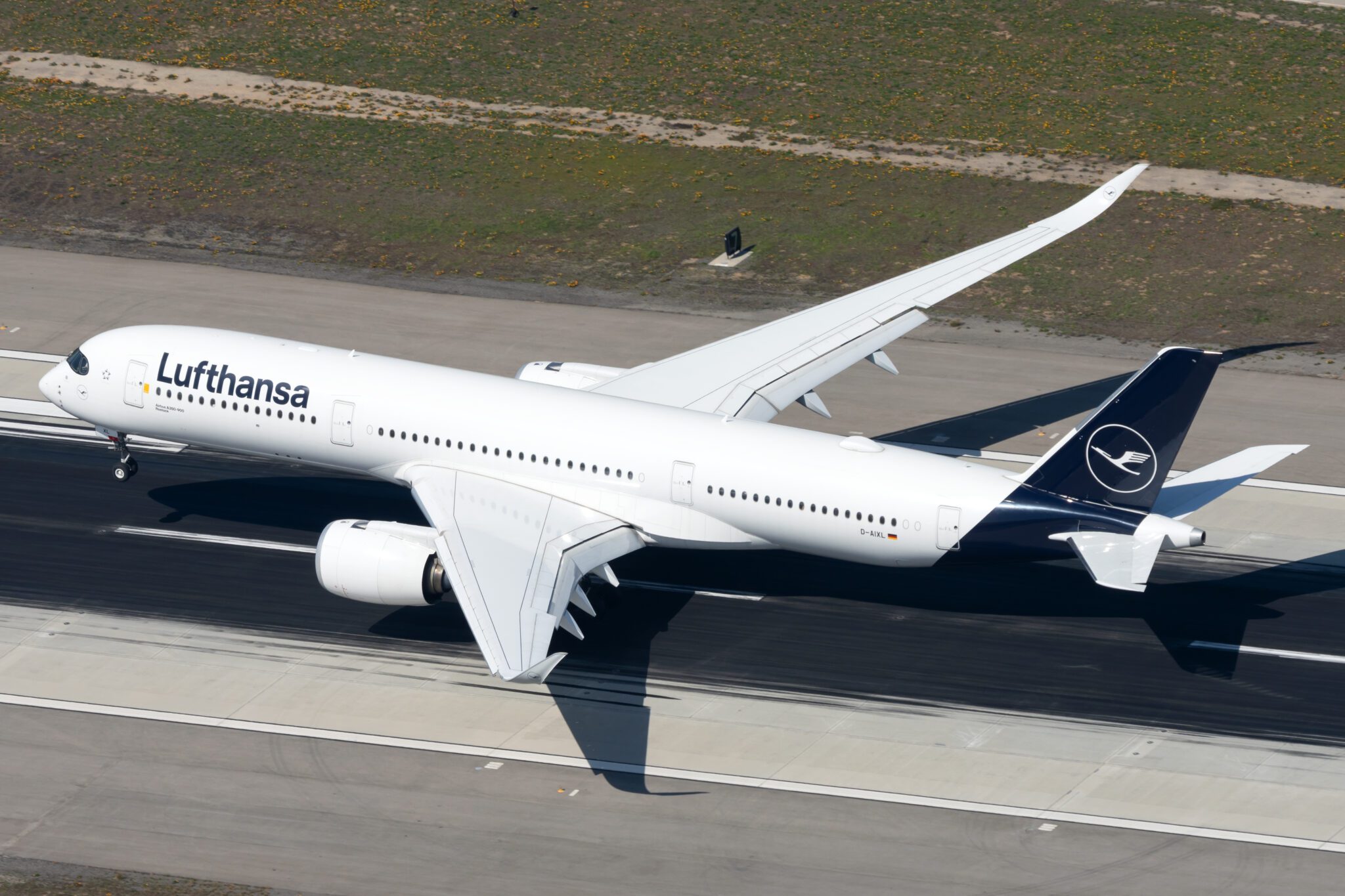
Skift Take
The Lufthansa Group painted a mixed picture on Tuesday as it reported its latest financial results. The German company said its earnings position “deteriorated significantly” in the first nine months of 2024 compared to a year earlier. This was despite record-breaking revenues and overall capacity growth.
The group posted a third-quarter operating profit of €1.3 billion ($1.4bn), a 9% drop from the same period last year.
The firm is best known for its flagship brand, Lufthansa Airlines, but it includes other big names such as Austrian Airlines, Swiss, Brussels Airlines, and Eurowings. It also operates large maintenance and cargo businesses.
In a market filing, the group highlighted growing competition and intensifying price pressure on its airlines. It said rival operators added capacity “market-wide,” most notably in the April to June quarter of 2024, with Lufthansa Airlines being particularly hard hit.
This saw average yields - the revenue earned by each passenger - falling by 3.5% compared to the same time in 2023. The network-wide figure masks a significant drop in the Asia-Pacific region, where yields plummeted by 14%.
Continued conflict in the Middle East also hit profitability. The company has the biggest exposure to the region of Europe’s three largest airline groups. Its regular schedule includes flights to countries including Iran, Iraq, and Israel. The resulting cancellation of services impacted earnings by between €60m and €100m ($65m—$108m).
Strike Impact at Lufthansa
As well as external factors, the company faced problems closer to home. The start of the year was marred by hugely disruptive strikes across the group. Lufthansa also had to navigate major labor stoppages at key airports and other partners. Quantifying the disruption, the company said the labor disputes cost it around €450m ($486m).
Owing to what the company described as “irregularities in flight operations,” the group was forced to pay out huge sums to affected travelers. Direct compensation payments for delays and cancellations, including under the European Union’s EU261 scheme, soared 118% year-on-year to €332m ($359m). Expenses for passenger assistance due to strikes and associated disruption rose by a fifth to €221m ($239m).
Delays in the delivery of new long-haul planes were a further drag on results. The problem is particularly acute at Lufthansa Airlines, which is using previous-generation aircraft such as the Airbus A340 while it waits for more fuel-efficient jets. In July the carrier reactivated its sixth A380 ‘super jumbo’ with a further two units currently due to re-enter service.
The airline is due to be one of the launch customers for Boeing’s new 777X plane. Earlier this month, Boeing CEO Kelly Ortberg said the first deliveries were not expected until 2026. The original timeline for the project saw the 777X entering passenger service in 2021.
Lufthansa's 'Lufthansa Problem'
Group executives once again called out disappointing results at the core Lufthansa Airlines brand as a particular challenge. To combat what Airline Weekly senior analyst Jay Shabat coined as “Lufthansa’s Lufthansa Problem,” management recently launched a turnaround plan to boost results at the German flag carrier.
The goal is to improve efficiency, reduce complexity, and improve quality at the airline. The strategy was formally launched in the third quarter and includes moving more short-haul flights to lower-cost subsidiaries.
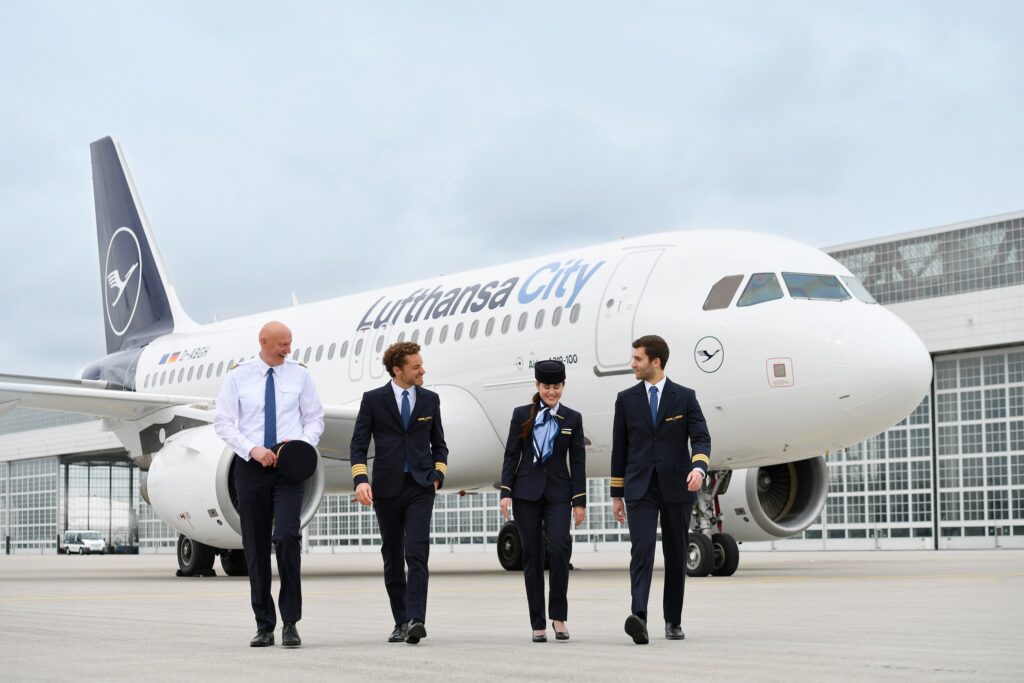
Further savings are expected “through network optimization and increasing flexibility and automation.” Among the changes is a reduction in the airline’s flights to and from China. October 26 saw Lufthansa’s last scheduled Frankfurt to Beijing service, leaving Munich as its only nonstop route to the Chinese capital.
Should all go to plan, Lufthansa’s ‘problem child’ status should be a thing of the past by the end of 2026, with the measures forecast to lift earnings by €1.5bn ($1.6bn).
Reasons to be Cheerful?
Despite the lukewarm results, there are reasons for Lufthansa bosses to be cheerful. The group carried more than 40 million passengers in the third quarter, representing an increase of 6% year-on-year. All of its passenger airlines were profitable during the period, albeit one that is traditionally the strongest for European carriers.
Meanwhile, the ‘load factor’ - the number of available seats occupied on an average flight - rose slightly to 87% in Q3, with August the stand-out month at 88%. This represented the strongest calendar month in the Lufthansa Group’s history.
Carsten Spohr, the group’s chief executive said global demand “remains intact” with bookings for the current October-December quarter “at a high level” compared to 2023, particularly for premium class travel.
Lufthansa is the first of Europe's three aviation 'supergroups' to report for the third quarter. Air France-KLM is due to post its results on November 8, followed by IAG on November 9.
Airlines Sector Stock Index Performance Year-to-Date
What am I looking at? The performance of airline sector stocks within the ST200. The index includes companies publicly traded across global markets including network carriers, low-cost carriers, and other related companies.
The Skift Travel 200 (ST200) combines the financial performance of nearly 200 travel companies worth more than a trillion dollars into a single number. See more airlines sector financial performance.



